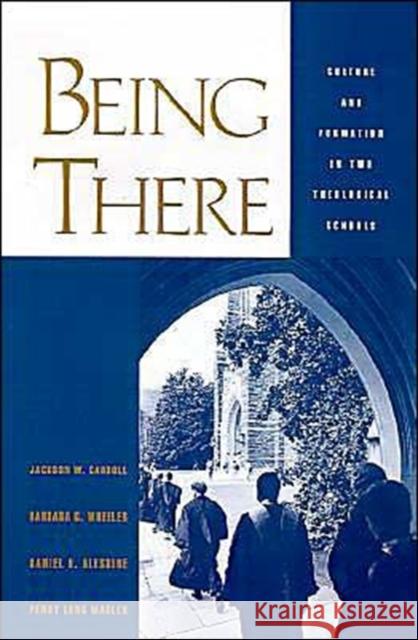Being There: Culture and Formation in Two Theological Schools » książka
topmenu
Being There: Culture and Formation in Two Theological Schools
ISBN-13: 9780195114935 / Angielski / Twarda / 1997 / 320 str.
This book offers a close-up look at theological education in the U.S. today. The authors' goal is to understand the way in which institutional culture affects the outcome of the educational process. To that end, they undertake ethnographic studies of two seminaries-one evangelical and one mainline Protestant. These studies, written in a lively journalistic style, make up the first part of the book and offer fascinating portraits of two very different intellectual, religious, and social worlds.
The authors go on to analyze these disparate environments, and suggest how in each case corporate culture acts as an agent of educational change. They find two major consequences stemming from the culture of each school. First, each culture gives expression to a normative goal that aims at shaping the way students understand themselves and from issues of ministry practice. Second, each provides a "cultural tool kit" of knowledge, practices, and skills that students use to construct strategies of action for the various problems and issues that will confront them as pastors or in other forms of ministry. In the concluding chapters, the authors explore the implications of their findings for theories of institutional culture and professional socialization and for interpreting the state of religion in America. They identify some of the practical dilemmas that theological and other professional schools currently face, and reflect on how their findings might contribute to their solution. This accessible, thought-provoking study will not only illuminate the structure and process by which culture educates and forms, but also provide invaluable insights into important dynamics of American religious life.










